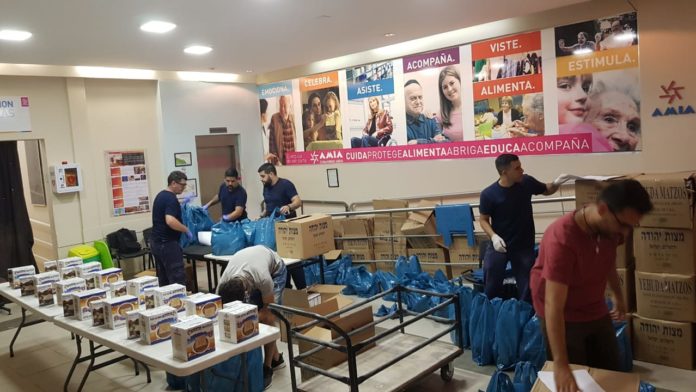Itongadol.- The institutions of the Argentine Jewish community resorted to different social plans to deal with the effects of the pandemic. Both synagogues and social-sports institutions have chosen for virtual communication for their activities. An important campaign have been placed to mantain the attendance in the Jewish school network, one of the most important one in the world.
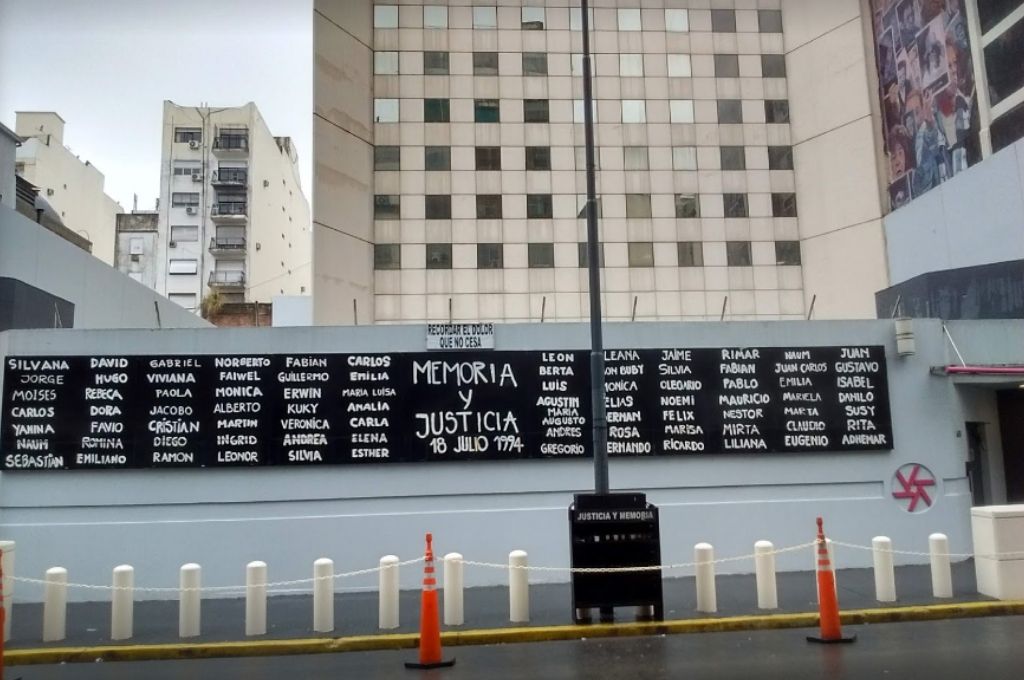
AMIA
Argentina began the quarantine in March when the first effects of COVID-19 were known, and since then, the institutions of the Jewish community, whether social, political or educational, have been closed, with some exceptions, in accordance with the provisions issued by the health authorities.
In its last briefing, the Argentine Ministry of Health reported that since the beginning of the pandemic more than 196,000 cases of coronavirus were registered, with a total of 3,596 deaths and more than 86,000 people recovered.
The AMIA, which is Argentina’s Jewish mutual insurance company and one of the community’s central institutions, had to reinforce its social assistance program, as requests for social assistance increased by more than 1,000 percent since the beginning of the pandemic.
In addition, the organization, which was the target of a terrorist attack in 1994 that killed 85 people and injured hundreds, also joined the «Seamos Uno» campaign, together with Caritas, the social organization of the Catholic Church, and the Council of Pastors, among other organizations, to bring help to the sectors most affected by the crisis generated by the pandemic.
The program includes religious, social and business organizations in Argentina, which in coordination with the State, aims to cover the needs of 4 million Argentines with the a production of 1 million boxes of food and hygiene products.
Meanwhile, the Tzedaká Foundation launched the Guesher Assistance Program, aimed at community members who, as a result of quarantine, are unable to afford their food, housing and health needs.
The president of the Foundation, Miguel Kiguel, explained in an interview with the AJN News Agency that «since the beginning of the mandatory quarantine we have been working very hard because the needs of the people we were already assisting grew significantly».
«We had to set up all kinds of procedures to solve it, and it was done. But at the same time, requests for help from people who do not have the traditional profile of beneficiaries began to arrive. Self-employed people, professionals, people that from one day to another no longer have an income. First they resorted to their savings, but then they began to turn to community social services for help,» he explained.
Tzedaká began providing a grant of up to 15,000 pesos a month for a three months period. «The Foundation has a lot of experience in that, working with what was the new poverty in 2001 (one of the worst crises Argentina has ever suffered), people who even before the crisis were participating in schools, temples and clubs even donated to organizations and suddenly found themselves in a situation of asking for help,» Kiguel said.
In another joint action, and thanks to the creation of an Extraordinary Assistance Fund provided by the LeDor VaDor Nursing Home, a residence for elderly adults from the Jewish community, the Community Social Protection Network from AMIA, the Tzedaka Foundation and the Chabad Lubavitch Foundation, last month launched «Itja- Contigo», an assistance program for people over 75 years of age who are in a vulnerable situation. The coverage of the programme reaches those people who are not registered as beneficiaries of the social protection system of the three institutions, or who, in a justified way, need a temporary increase in the aid received.
The agreement will be valid for six months. At the end of the agreed period, Hogar LeDor VaDor may evaluate, depending on the situation of exception registered, and the available resources, the renewal of the terms of the agreement.
Furthermore, the AMIA and the Argentine Jewish Schools Federation (FEJA) called on society to collaborate in a campaign to help sustain the schools of the Jewish School Network.
The Jewish School Network brings together more than 24,000 students and guarantees a space for formation and excellence, within the wide ideological and religious diversity that distinguishes the Jewish community in Argentina. Today the Network is receiving the strong impact that the economic crisis of the pandemic caused in the educational community.
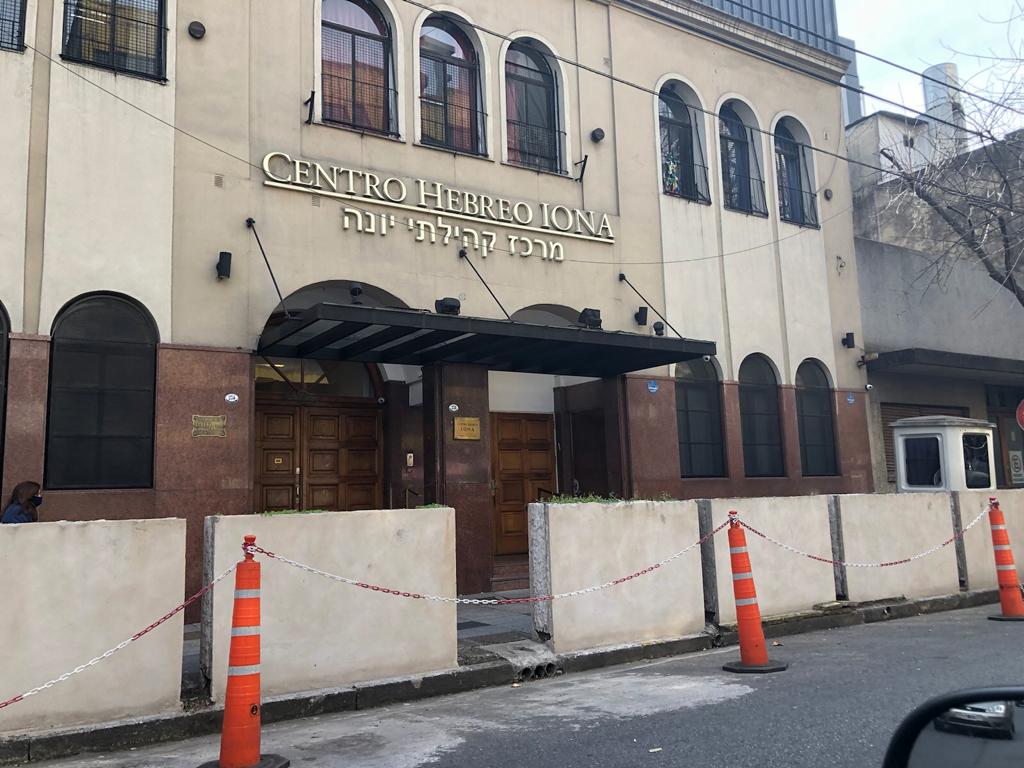
Ioná Hebrew Center
Therefore, under the slogan «Only education guarantees continuity», from Tuesday, August 4, at 11:00 a.m., until Wednesday, August 5, at 11:00 p.m., contributions will be received «so that all children may continue to have access to Jewish education».
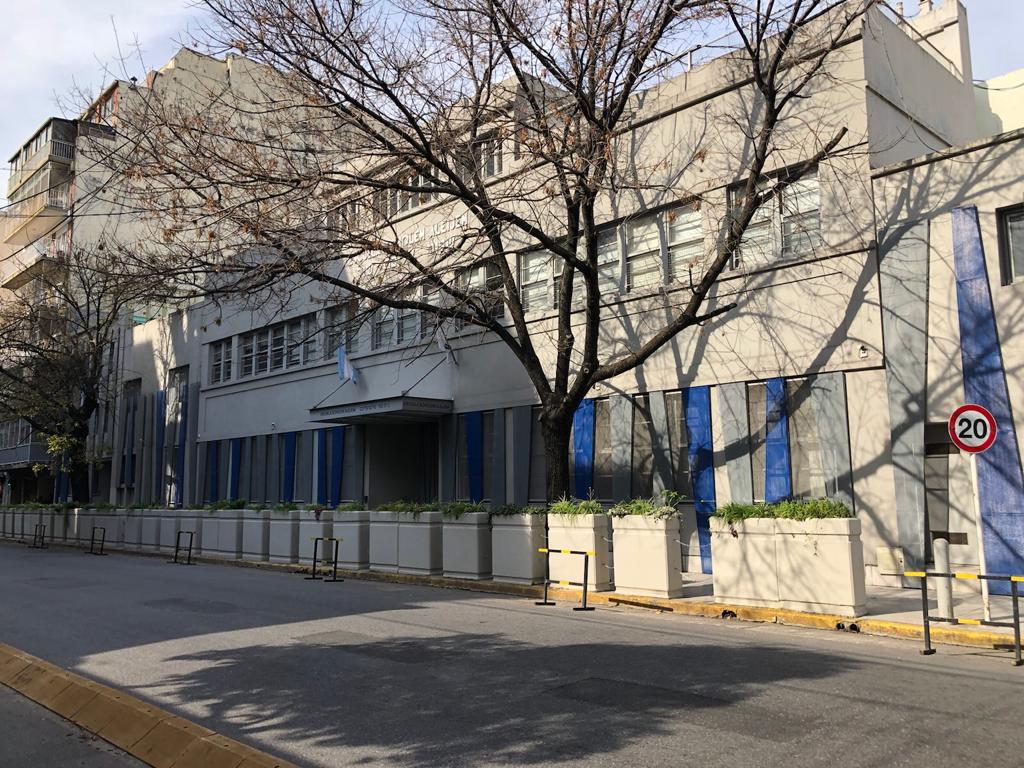
Scholem Aleijem School
Since March 19, when compulsory isolation was declared and educational establishments were closed, the delay in fee collection has increased. In many schools, the delay in payment of fees was as high as 60%, a situation that makes the establishments unable to meet their usual obligations.
The president of AMIA, Ariel Eichbaum, and the president of FEJA, Adrián Pérez, agreed in pointing out that the crisis that educational establishments are going through even exceeds, in many cases, the difficulties that emerged during the 2001 crisis. Both warned that school desertion is beginning to be a matter of great concern, especially at the initial level, which is essential to guarantee community continuity throughout the country.
On its part, DAIA, which is the political representation of the Argentine Jewish community, maintains intense contact with the national authorities in order to progress in the protocols that will be established for the new normality from the reopening of different activities.
Another institution that has been making great efforts is Keren Hayesod. The director of CUJA and representative of Keren Hayesod in Argentina, Paul Rozenberg, announced an important economic aid for the institutions of the Jewish school network to face the consequences of the coronavirus. «We understood from the beginning of the pandemic that the schools in the network were going to be very affected by this situation and we started to campaign for the awareness that schools in general throughout Latin America are going to have a difficult time. In that sense, Keren Hayesod has been supporting the Jewish school network in Argentina for many years and CUJA, which directly collects for that, was put on the campaign to work hard and be able to bring this money as soon as possible understanding the reality of the schools and the complications they are having» he said to the AJN Agency.
On the other hand, the authorities of Buenos Aires city, capital of the country, authorized religious gatherings to a maximum of ten people, in an attempt to decompress the social climate generated by more than 130 days of quarantine.
However, the high rate of spread and the increasing trend of deaths led the main rabbis of the city to be cautious and ratified the continuity of the ceremonies in streaming and online.
In a statement to the AJN News Agency, Rabbi Alejandro Avruj, also a religious leader of Amijai Community, said: «We understand that the policy of disclosure of the quarantine is due to reasons of economic emergency and also to the social weariness of the isolation, but in no way responds to have the virus contained, quite the contrary».
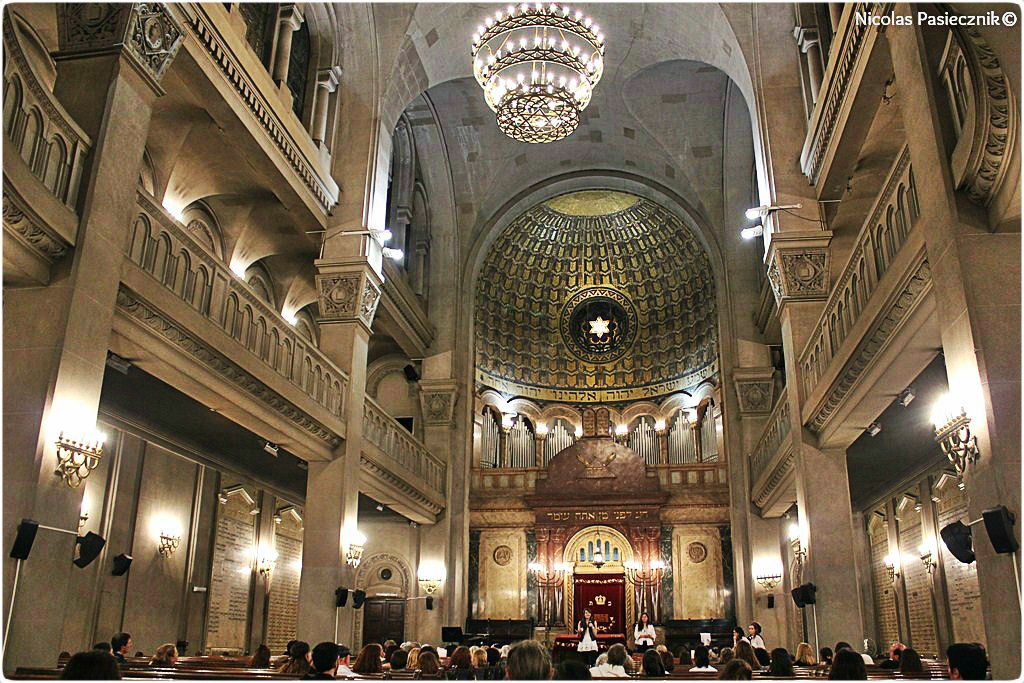
Libertad Synagogue
«We are at the worst time of winter, on the coldest days, we have the highest mortality rate of the virus and the highest levels of infection. At this time there are few families who do not have a friend, an acquaintance or a family member who has tested positive for COVID, so encouraging any mass meeting, I mean the High Holidays (New Year and Forgiveness Day) that we have in seven weeks seems to me at least irresponsible,» added the rabbi, who kept up the virtual communication for the activities.
For his part, the Chief Rabbi of the Sephardic Community of Buenos Aires and president of Menora, Isaac Sacca, was also cautious about the willingness of the authorities and the advance of the pandemic. «Our recommendation as religious is that (the opening of activities) should be handled with great caution because the pandemic is still going on and our commandment, the main one, is to take care of health and life,» he said.
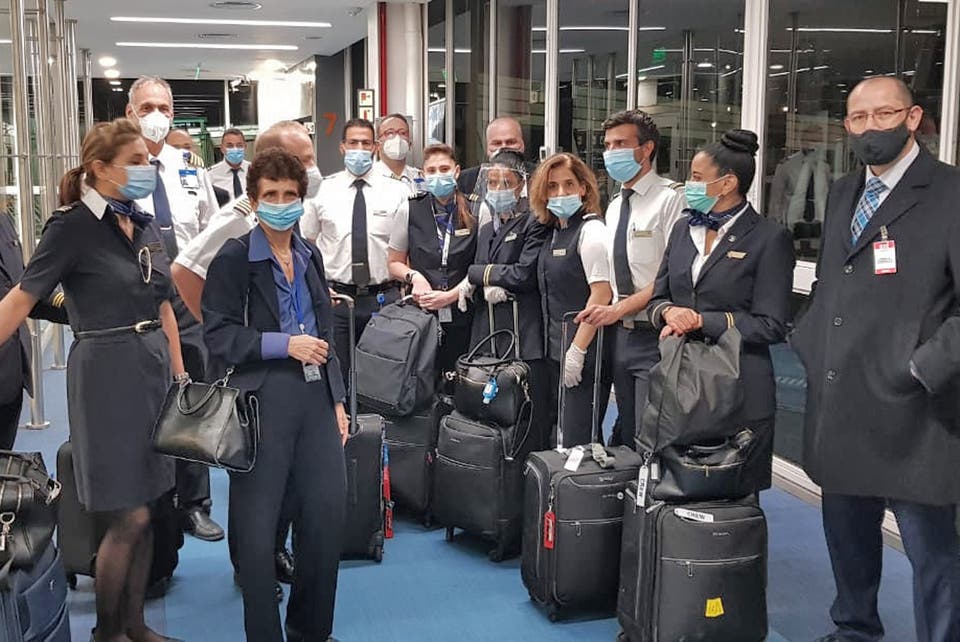
Ambassador Galit Ronen in Ezeiza International Airport
In the midst of this health and economic crisis, a massive wave of aliyah (emigration to Israel) is expected in the upcoming year. Some leaders of the Jewish community compare the current crisis with 2001. During 2002, 6500 Argentineans emigrated to Israel to escape the economic impact. Many believe that after the pandemic, something similar will happen.


